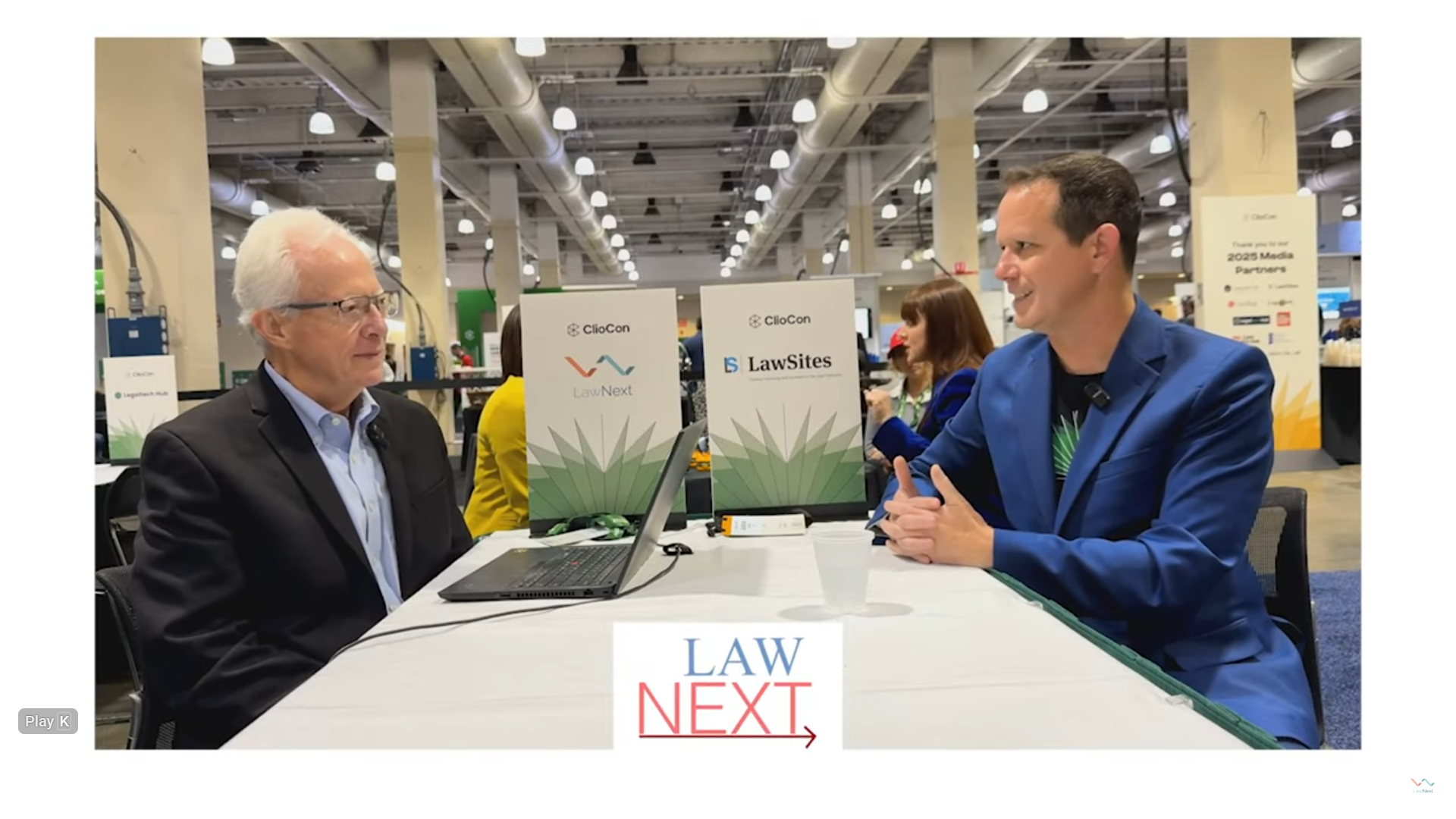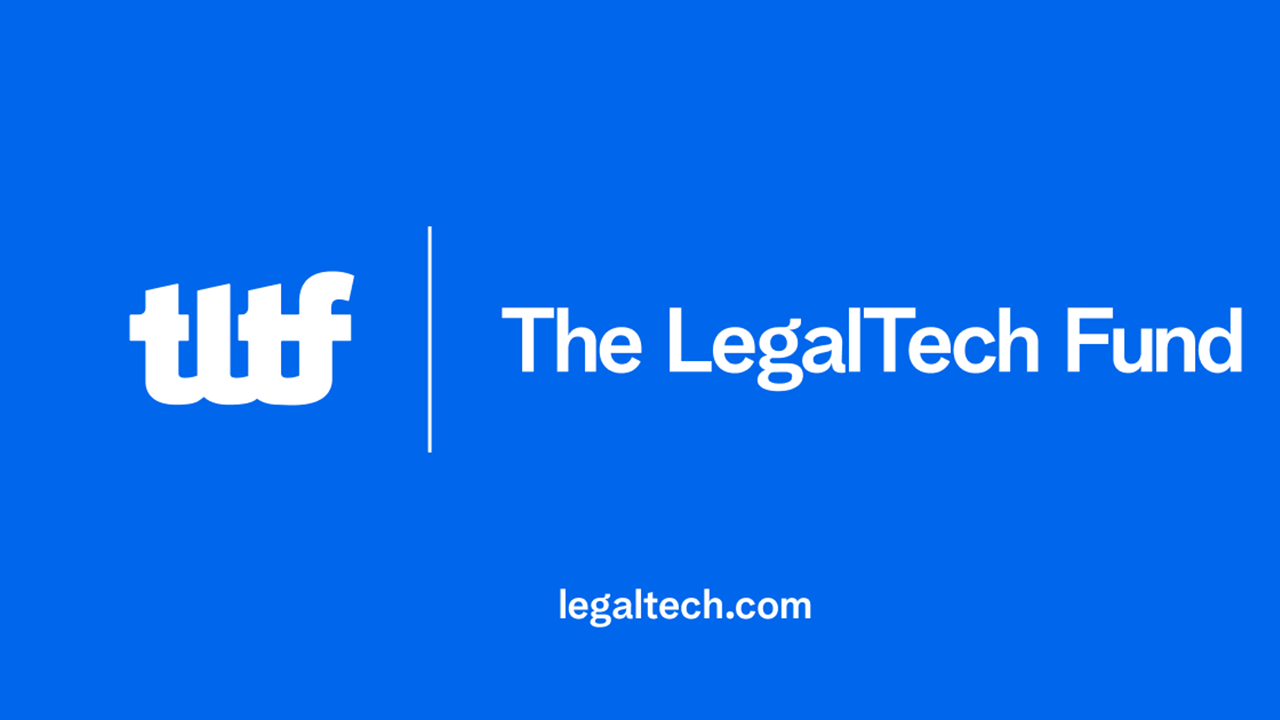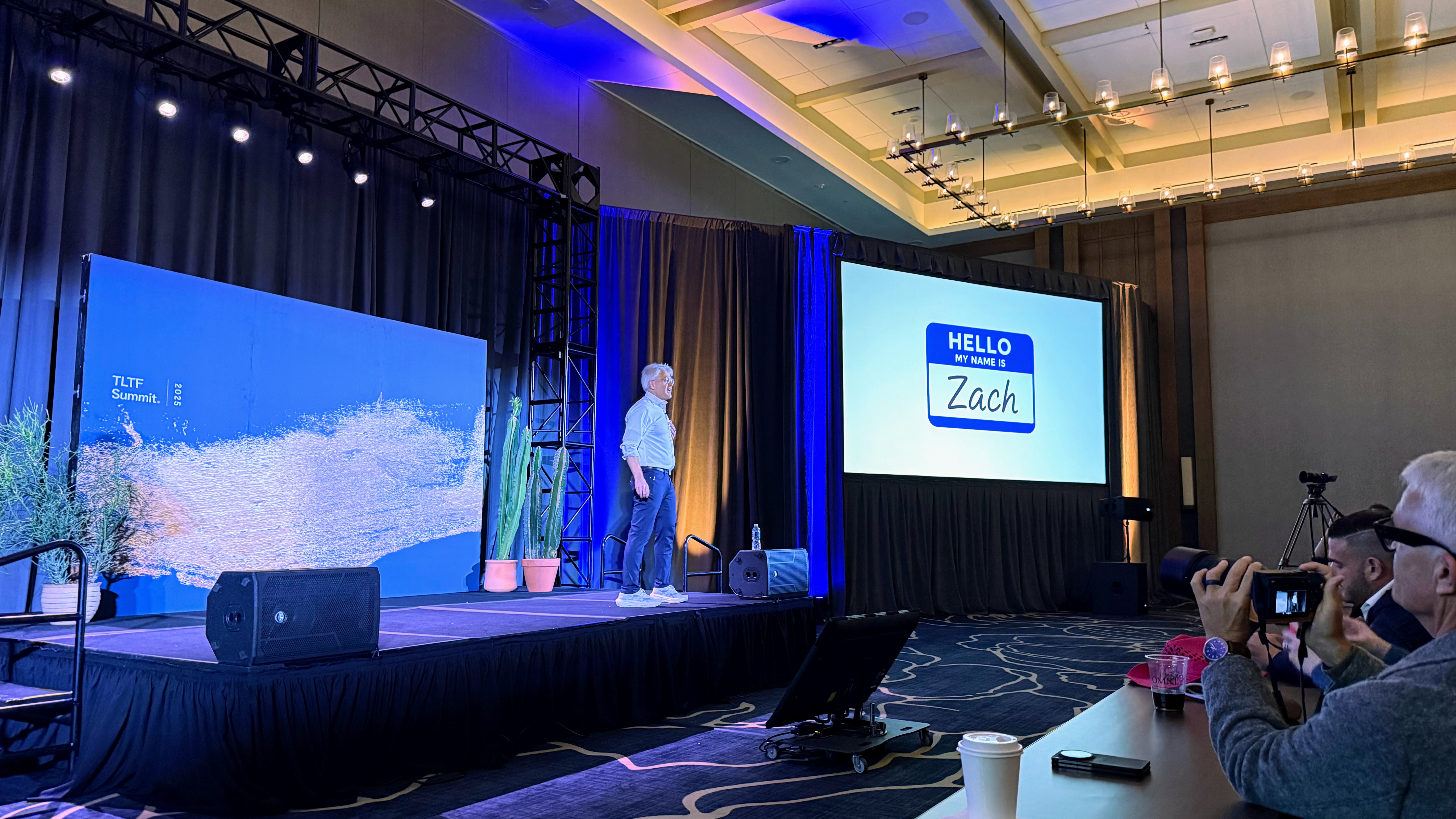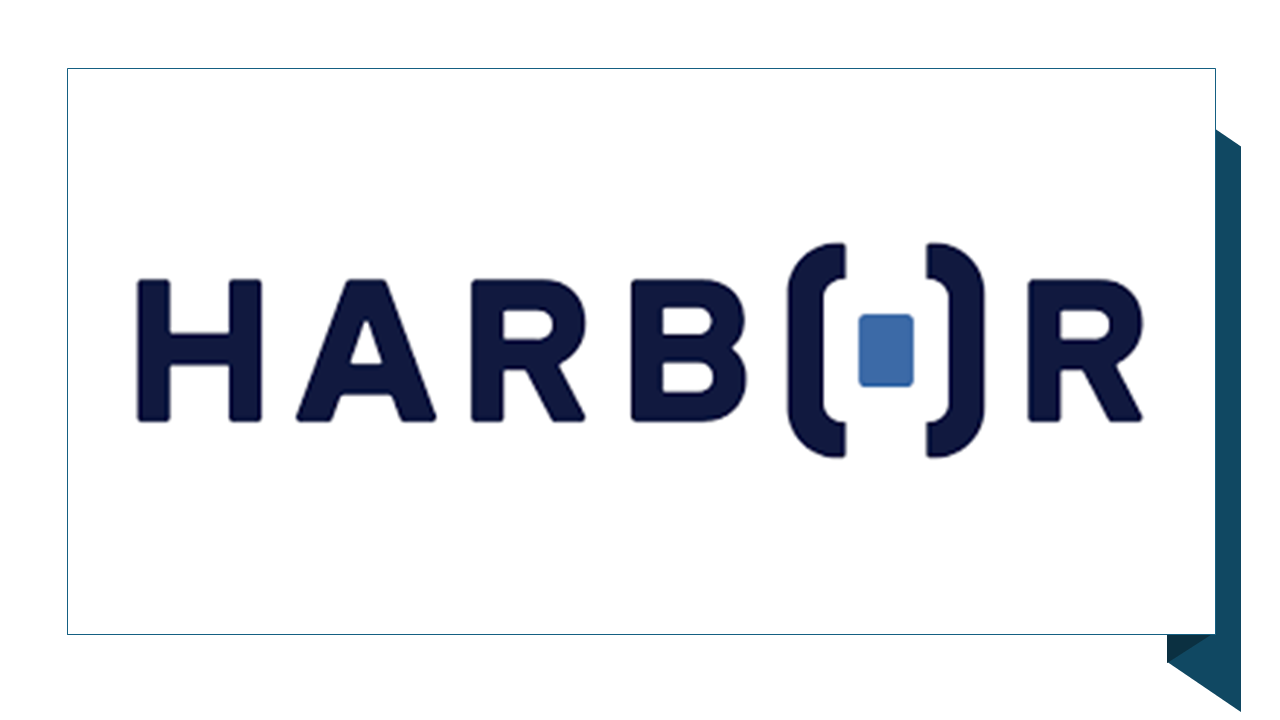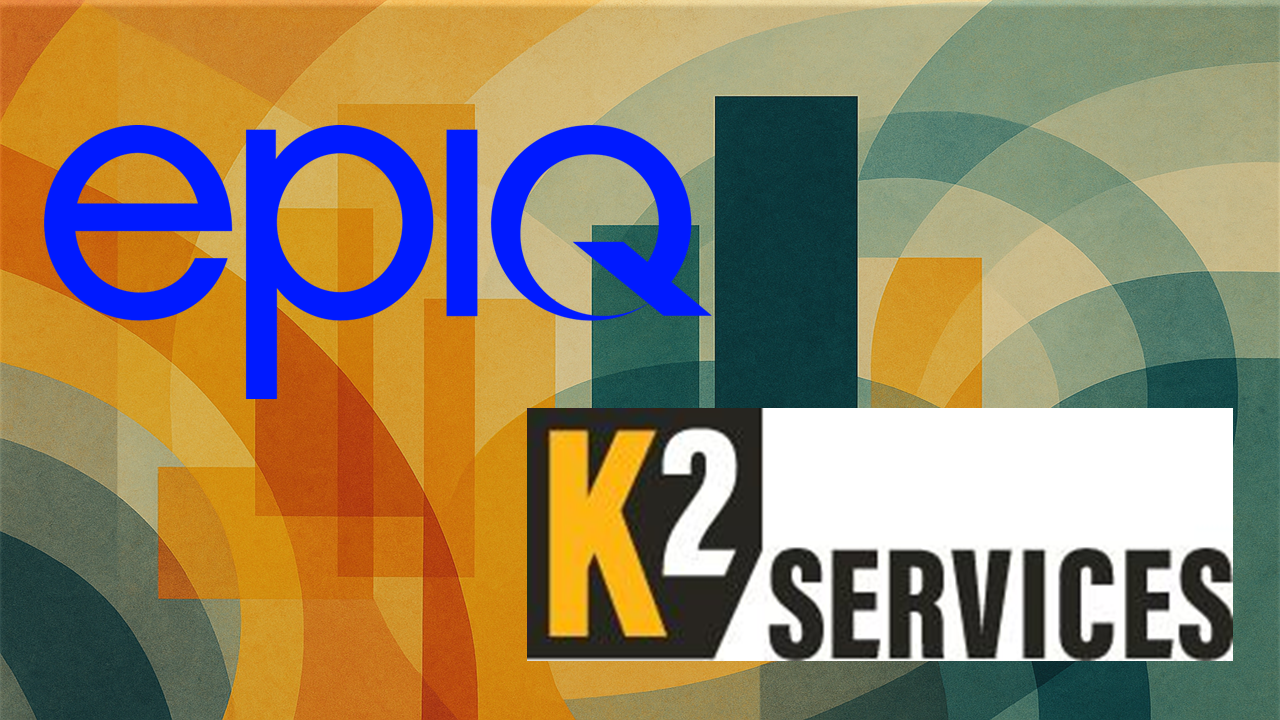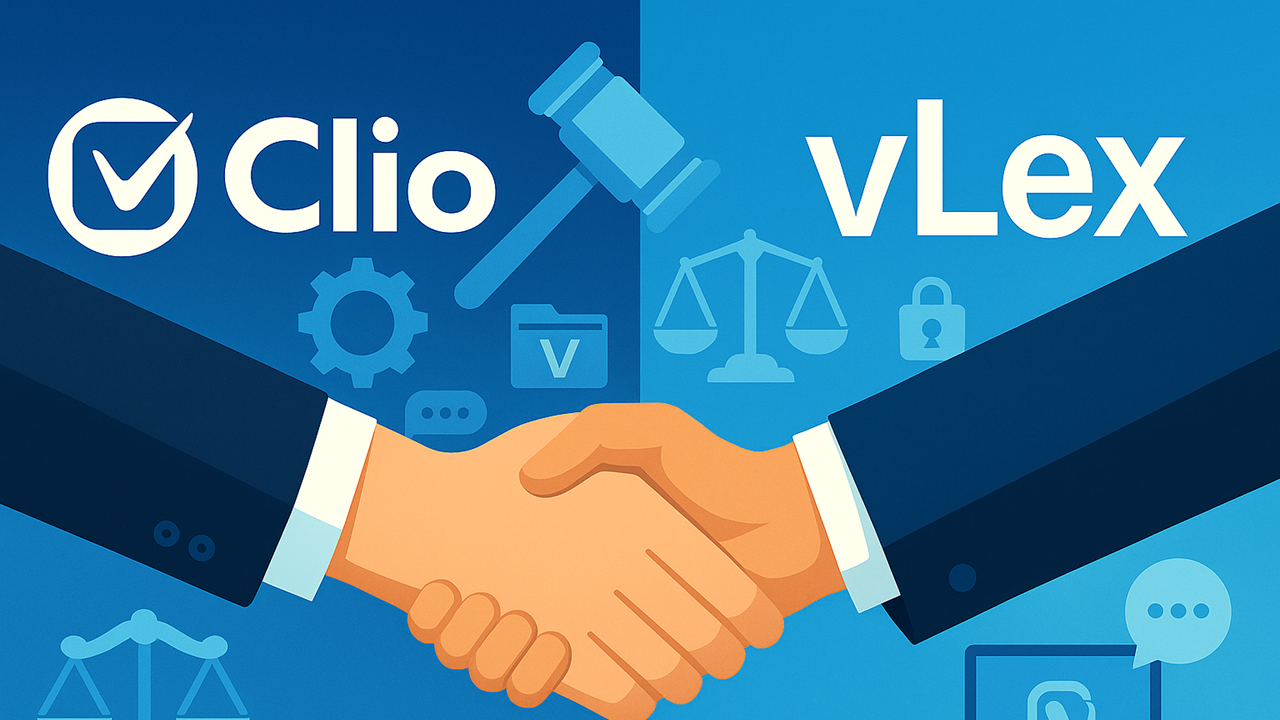Legal technology company Clio recently released the 10th edition of its Legal Trends Report, its annual analysis of data and survey responses on legal practice and emerging trends, and this year’s report ventured into new territory. For the first time, the report included a neuroanalytics study of legal professionals, analyzing electrical brain activity in…
The LegalTech Fund Closes $110 Million Second Fund, Nearly 4X Its First
Yesterday, I reported here on the TLTF Summit last week in Austin, “the Davos of legal tech.” Now there is more news from its organizer, the venture capital firm The Legaltech Fund: It announced yesterday that it has closed its second fund at $110 million, representing a nearly fourfold increase over its inaugural…
From ‘Who Luck’ to ‘Who’s Here?’: The TLTF Summit Continues to Excel, Even As It Expands
God forbid a disaster had befallen Austin, Texas, last week, because it could have set back the evolution of legal tech by at least a decade. Assembled there were many of the best and the brightest of the legal tech world, who had all come together for the fourth edition of what has become the…
Attention Legal Tech Startups: Applications Now Open for the 10th Annual Startup Alley and Pitch Competition at ABA TECHSHOW 2026
Applications are now open for a spot in the 10th annual Startup Alley at ABA TECHSHOW, a competition that has helped catapult the success of a long list of legal technology startups and become a seminal event of the American Bar Association’s annual legal technology conference.
Out of all the entries received, 15 startups…
Callidus Legal AI Rebrands as StrongSuit, Adds Automated Case Validation
Callidus Legal AI has rebranded to StrongSuit and launched a significantly upgraded legal research platform that includes automated case validation — what lawyers traditionally call “shepardizing” — marking the company’s evolution from a legal AI tool into what it describes as an end-to-end litigation platform.
The San Francisco-based company’s new platform automatically verifies that…
Harbor Acquires Legal Tech Training Firm Encoretech in First Deal Since BayPine Investment
Harbor, the Chicago-based legal technology and consulting firm, continues its string of recent acquisitions with the addition of Encoretech, a specialized training and user adoption services company focused on the legal sector.
The deal marks Harbor’s first acquisition since receiving a majority investment from private equity firm BayPine in June and represents the…
Guest Post: Ken Crutchfield on What Business Robin AI — and Other Legal Tech Companies — Are Really In
What does McDonald’s real estate strategy have to do with legal tech? More than you might think, says Ken Crutchfield.
In the wake of Robin AI’s recent struggles to secure funding and reports of potential emergency acquisition talks, Crutchfield draws a compelling parallel to Ray Kroc’s revelation in The Founder that McDonald’s wasn’t really in…
K2 Services Acquires Epiq’s Business Process Outsourcing Division in Strategic Realignment
Epiq announced today the sale of its Global Business Transformation Solutions (GBTS) division to K2 Services, a managed services provider. The transaction positions Epiq to concentrate more intensively on technology-enabled legal solutions while significantly expanding K2’s operational footprint in the professional services sector.
The deal is part of a broader strategic move by…
Clio Completes Historic $1 Billion vLex Acquisition, Announces $500 Million Series G at $5 Billion Valuation, Plus Exclusive Interview with CEO and CFO
Legal technology company Clio has completed its $1 billion acquisition of vLex, marking the conclusion of the largest deal in legal tech history, and has simultaneously closed a $500 million Series G funding round, along with a $350 million debt facility, valuing the combined company at $5 billion, and clearing the way…
Alexi Launches Comprehensive Workflow Library to Automate Transactional and Litigation Tasks
The legal AI platform Alexi has launched what it is calling the most comprehensive AI workflow library on the market, designed to help law firms move beyond risky AI experimentation toward reliable, scalable automation of legal work.
The Toronto-based company introduced the Workflow Library in September, describing it as a solution developed for firms…
CLOC Restructures Board, Expanding to 16 Members and Adding Legal Tech Vendors for First Time
The Corporate Legal Operations Consortium (CLOC) today announced a major expansion and restructuring of its board of directors, expanding it from nine to 16 members, the largest increase in the organization’s 10-year history.
In a significant policy shift for the organization, CLOC is formally adding legal technology and service providers to its board for…
Steno Bolsters Its Leadership Team with Two Strategic Hires from InfoTrack and EvenUp
Steno, a tech-enabled provider of legal support and court reporting services, has brought on two experienced legal tech executives to help it continue to scale its litigation support business beyond its core court reporting roots.
The Los Angeles-based company announced today that it has hired Adam Camras as general manager and senior vice…
 Robert Ambrogi Blog
Robert Ambrogi Blog